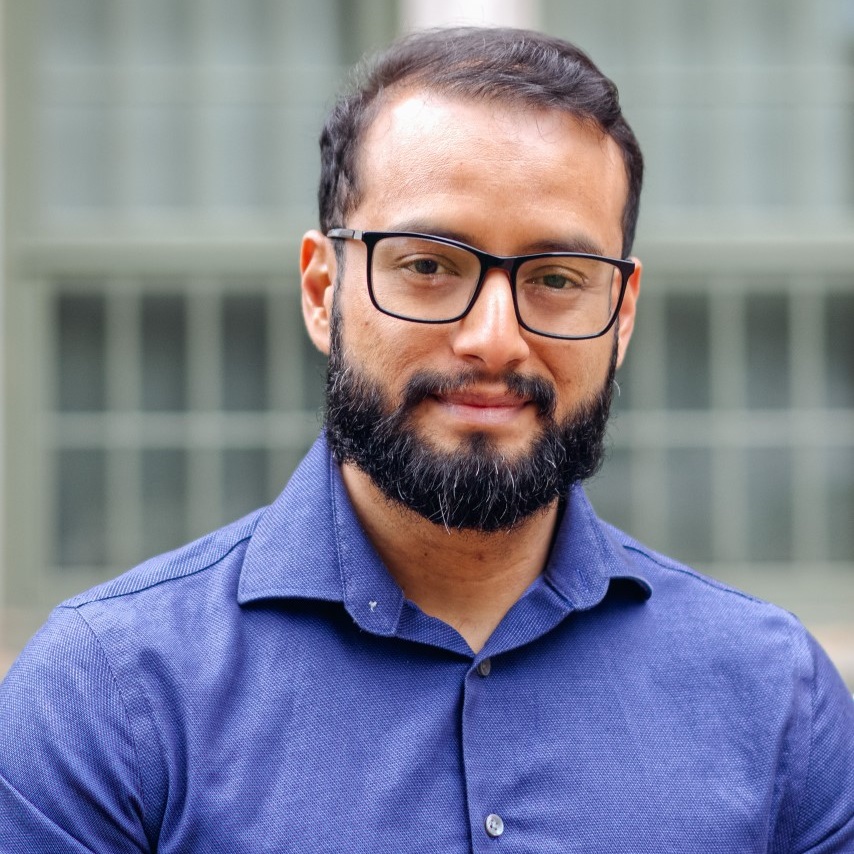Past Event: Oden Institute & Dell Medical School
Sebastian Castillo-Hair, Postdoctoral Researcher, University of Washington
12 – 1:15PM
Thursday Jan 16, 2025
POB Avaya (2.302) and Zoom (password pob)
Cells across tissues, developmental stages, and disease conditions adopt distinct intracellular states – epigenomic, transcriptomic, and proteomic profiles – to compartmentalize function in time and space. The ability to write DNA- and RNA-encoded programs that sense and interface with cellular states has transformative potential for biotechnology, for example in designing gene therapies with cell type- and disease-specificity to minimize off-target effects. However, limited understanding of how cellular processes respond to cellular states remains a major challenge. Machine learning (ML) models that learn the determinants of cell state regulation from high throughput experiments offer a powerful tool to overcome these barriers. In this talk I will present advances in combining ML and high throughput experiments to study and engineer DNA and RNA sequences that recognize cell types, tissues, and developmental stages. Our work shows the potential of combining ML, high throughput experiments, and synthetic biology to decode and engineer cell state-responsive biological systems.
Dr. Sebastian Castillo-Hair is a Postdoctoral Researcher in Prof. Georg Seelig's group at the University of Washington. In his research, he uses machine learning and high throughput experiments to study gene regulation and design synthetic sequences with novel capabilities. He has applied this approach to optimize mRNA-delivered gene editing therapeutics, to engineer human enhancers with cell type-specific activity, and to uncover the sequence determinants of differentiation and gene regulation during zebrafish development. Sebastian received his PhD in Bioengineering from Rice University, where he worked in Prof. Jeffrey Tabor's group on bacterial optogenetics and development of open-source tools for synthetic biology.
